Five Things You Probably Didn’t Know About Chernobyl

Figure 1.) Chernobyl Nuclear Power Plant with the abandoned town of Pripyat in the foreground. The large arch structure is the New Safe Confinement structure under construction. Via Chernobylguide.com
Chernobyl was by far the worst nuclear power plant accident in history. The explosion and subsequent release of radioactivity forced the long-term evacuation of nearly 135,000 people from a 30-kilometer exclusion zone surrounding the plant [1]. When I was younger and wanted to learn more about nuclear power, I was fascinated with the Chernobyl disaster. This was partly because it was one of the only two books in my elementary school library on the topic, but also because it's constantly used as a cudgel to beat proponents of nuclear power into submission. However, when you look at the "facts" that opponents of nuclear power cite about the accident, they are often dead wrong.


 I truly think people more or less value the environment; they just choose to show it in different ways. Someone in the city might be willing to pay to maintain the Alaskan Arctic, and have no interest in ever going on a hike, let alone visiting the Arctic. Someone else may be dead set against environmental regulation but spend much of their time in beautiful undeveloped places; hiking, fishing, or hunting. No matter what people's personal feelings are towards the environment, we all are dependent on it and need to find ways to agree on how to use the natural resources available.
I truly think people more or less value the environment; they just choose to show it in different ways. Someone in the city might be willing to pay to maintain the Alaskan Arctic, and have no interest in ever going on a hike, let alone visiting the Arctic. Someone else may be dead set against environmental regulation but spend much of their time in beautiful undeveloped places; hiking, fishing, or hunting. No matter what people's personal feelings are towards the environment, we all are dependent on it and need to find ways to agree on how to use the natural resources available.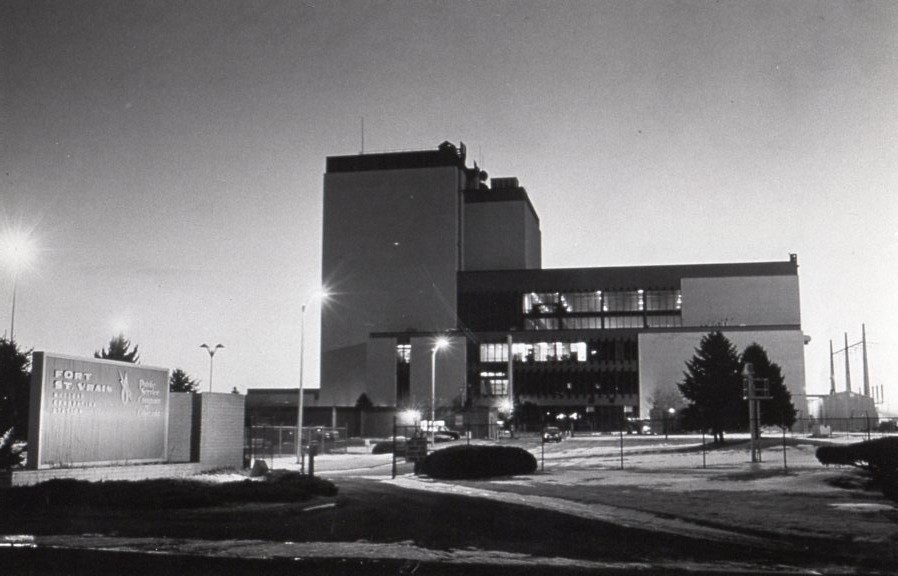
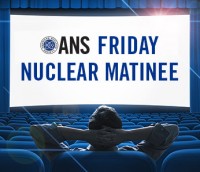
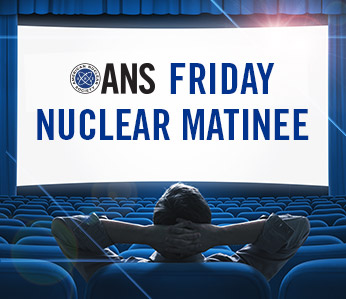
 Women's History Month is a time to reflect back on the contributions of women, and to look forward to their potential. In nuclear science, there is a rich history of female physicists and engineers contributing to our field along with their male counterparts. From the radium to radioimmunoassay to reactors, women have defied the odds to become leaders in all areas of nuclear science and engineering.
Women's History Month is a time to reflect back on the contributions of women, and to look forward to their potential. In nuclear science, there is a rich history of female physicists and engineers contributing to our field along with their male counterparts. From the radium to radioimmunoassay to reactors, women have defied the odds to become leaders in all areas of nuclear science and engineering.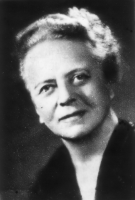
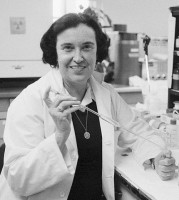
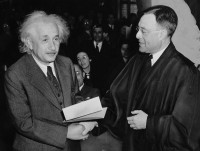 In February of 1950, a devoted follower of Albert Einstein wrote him a letter prompted by the death of his son. He questioned Einstein's belief that physical death cannot be transcended. His grief could only be overcome if Einstein were to endorse a theory wherein his love for his son would render the latter immortal [1]. Einstein wrote back to the grief-stricken father, grimly but pragmatically choosing to focus on nursing his mental health back to a more peaceful state, than on any theories about his son's death.
In February of 1950, a devoted follower of Albert Einstein wrote him a letter prompted by the death of his son. He questioned Einstein's belief that physical death cannot be transcended. His grief could only be overcome if Einstein were to endorse a theory wherein his love for his son would render the latter immortal [1]. Einstein wrote back to the grief-stricken father, grimly but pragmatically choosing to focus on nursing his mental health back to a more peaceful state, than on any theories about his son's death.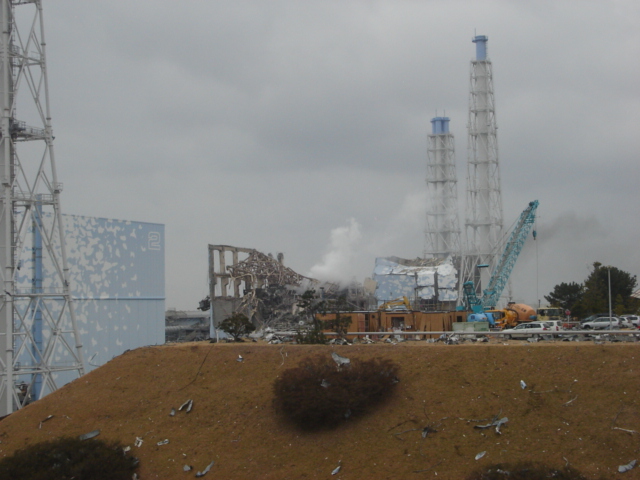 By Will Davis
By Will Davis